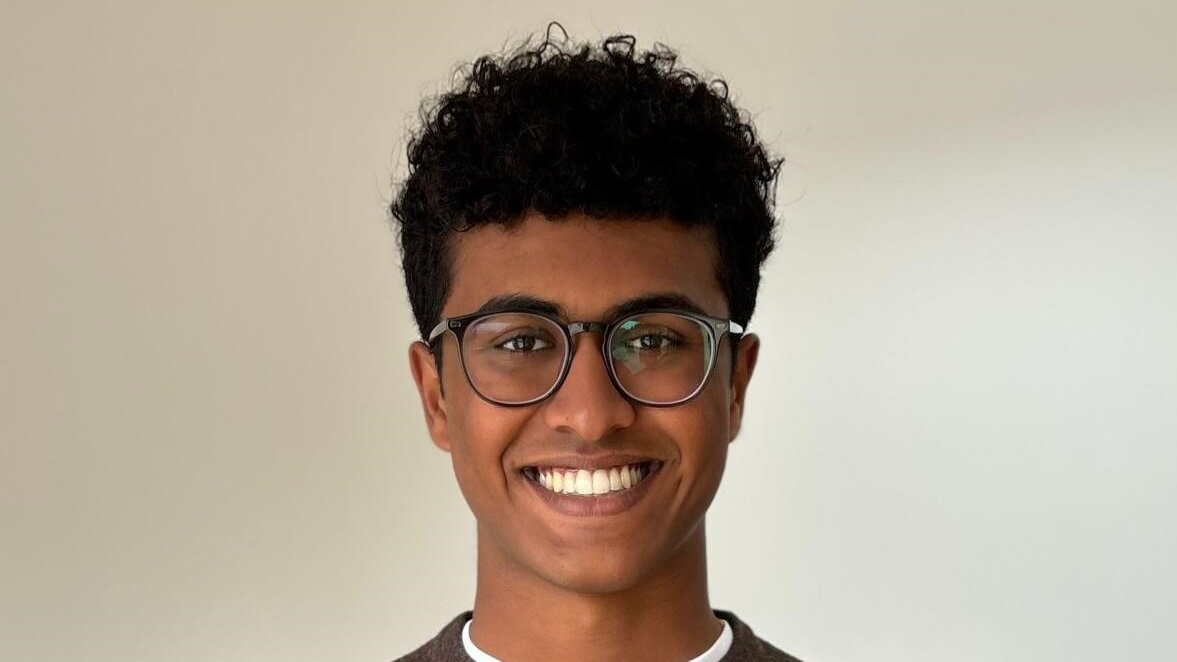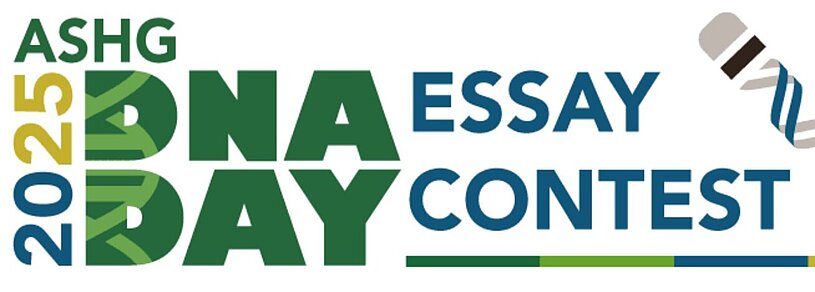Finalist in ASHG DNA Day Global Essay Contest

DNA Day is celebrated annually on 25th April around the world in recognition of the discovery of the DNA double helix and the completion of the Human Genome Project. It’s a moment to reflect on how far genetic science has come—and how it continues to shape the future of medicine.
This year, Lower Sixth student Jai E was fortunate to be part of that celebration as he wrote an essay that was selected as both a Finalist and an Honorable Mention in the 2025 ASHG DNA Day Global Essay Contest.
writes Jai E (L6ths):
The DNA Day Essay Contest, run by the American Society of Human Genetics (ASHG), invites students worldwide to explore a topic in genetics. I wrote about artificial intelligence (AI) in genetic testing, especially its growing role in personalised medicine—something that strongly interests me as an aspiring medic.
My essay focused on how AI can speed up and improve the interpretation of complex genetic data. It can help identify mutations linked to diseases like cancer or heart conditions, and even predict how a patient might respond to certain treatments. This has the potential to make healthcare more tailored and effective.
At the same time, I explored the risks. AI systems can reflect bias in the data they’re trained on—particularly when diverse populations are underrepresented—and there are serious concerns around privacy and data security. I argued that while AI is a powerful tool, it must support, not replace, human experts.
Writing this essay helped me see how genetics connects with real-world healthcare. It deepened my interest in how technology can help doctors make more informed, ethical decisions.
With over 1,200 entries from 59 countries and only 1% reaching the final round, I’m incredibly grateful to have received an honourable mention among the finalists. Reading some of the other finalists’ work was fascinating—it was inspiring to see the range of ideas and the unique ways people had interpreted the same question.
For anyone curious about science or medicine, I’d really recommend getting involved in something like this. You don’t need to be an expert—just interested. Competitions like this are a chance to learn something new, think critically, and explore your interests beyond the syllabus.
Thanks to Ms Pratt for all her guidance and support—and happy (belated) DNA Day!
